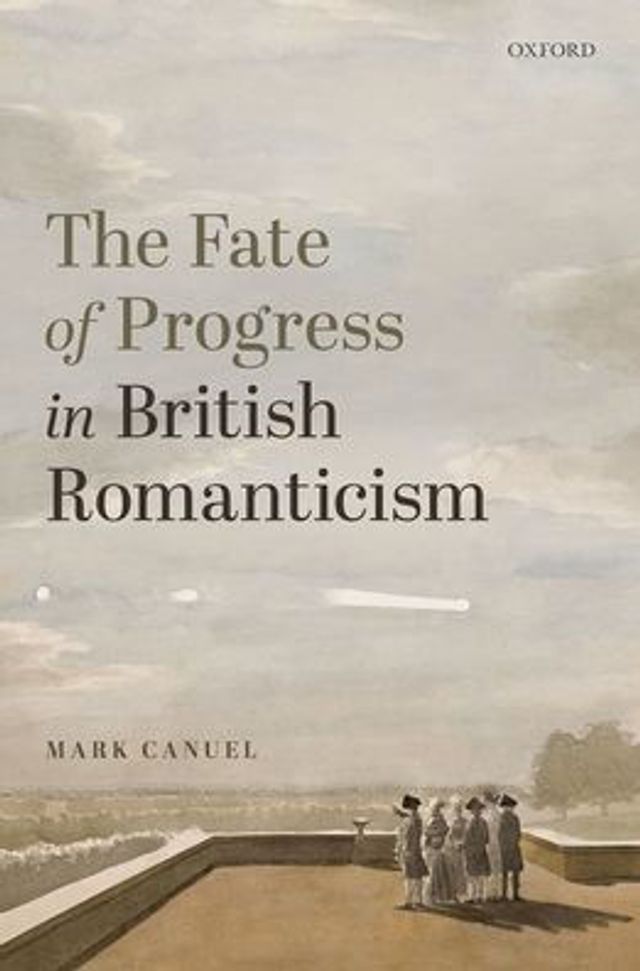Home
Blank Splendour: Mere Existence British Romanticism
Loading Inventory...
Barnes and Noble
Blank Splendour: Mere Existence British Romanticism
Current price: $60.00


Barnes and Noble
Blank Splendour: Mere Existence British Romanticism
Current price: $60.00
Loading Inventory...
Size: Hardcover
*Product Information may vary - to confirm product availability, pricing, and additional information please contact Barnes and Noble
Certain moments in British Romantic poetry and art depict a state from which the attributes of existence – time and space, subject and object, language and visuality – have fallen away, leaving a domain prior to the world and to thought, the condition of mere existence. As
Blank Splendour
demonstrates, poems by Wordsworth, Coleridge, Keats, and Clare as well as paintings by Turner evoke a condition that transpires in a time without time, a life without life.
David Collings argues that these works invite us to move beyond the subtle remnants of ontology that linger in current versions of posthuman thought, such as affect theory and speculative realism, by opening up a domain of affect without affect, a world without objects. Anticipating the philosophers Emmanuel Levinas and Maurice Blanchot, these works bring into view the mode of a deconstruction that emerged before the linguistic turn, one that meditates on the blank condition underlying modernity. Ultimately,
reveals how these works speak to our own moment, when thought, forced to contemplate its own extinction, enters a new form of mere existence.
Blank Splendour
demonstrates, poems by Wordsworth, Coleridge, Keats, and Clare as well as paintings by Turner evoke a condition that transpires in a time without time, a life without life.
David Collings argues that these works invite us to move beyond the subtle remnants of ontology that linger in current versions of posthuman thought, such as affect theory and speculative realism, by opening up a domain of affect without affect, a world without objects. Anticipating the philosophers Emmanuel Levinas and Maurice Blanchot, these works bring into view the mode of a deconstruction that emerged before the linguistic turn, one that meditates on the blank condition underlying modernity. Ultimately,
reveals how these works speak to our own moment, when thought, forced to contemplate its own extinction, enters a new form of mere existence.

















